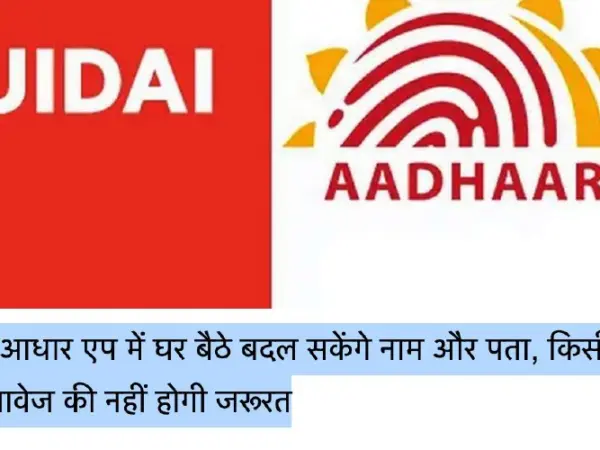Wipro, one of India’s largest IT services companies, has announced a buyback worth INR 12,000 crore ($1.6 billion) which opened for tendering on June 22 and will close on June 29. However, investors are being advised to brush up on their math skills to determine whether to tender their shares or not. If the money was distributed as dividends instead of a buyback, investors would receive a dividend of around INR 22 per share, equivalent to a 5.7% dividend yield at yesterday’s close price of INR 386. But since there is a buyback, investors need to compute fancy return ratios based on the buyback acceptance ratio to determine the best course of action. Based on this analysis, experts recommend that investors tender their shares as the buyback is priced at nearly 22 times trailing PE, and at a good 34% premium to pre-Covid five-year average valuation of Wipro. However, there are still many scenarios to consider, given the different percentages of outstanding shares investors hold, and how many tender their shares.
First, the numbers behind the buyback
Wipro intends to buy back shares accounting for 4.91% of outstanding shares, but the percentage bought back from each investor will depend on which category of investor they are, as well as how many tender their shares. SEBI rules mandate that 15% of the buyback amount must be reserved for small shareholders, namely those with equity shares valued not above INR 2 lakh. Small shareholders can expect to receive a minimum of 23% of the shares they tender. The current premium of the buyback price at INR 445 over yesterday’s close price of INR 386 is 15%. This would mean returns of around 4% on current holdings. However, this is lower than the hypothetical dividend yield. With share count reduced via buyback, the EPS will increase (even if earnings are flat). To that extent, theoretically, over a period of time, share prices must appreciate to factor this. If earnings growth turns out to be robust in the future, then the share price appreciation can be even better.
Why you must tender
Buybacks add value to non-tendering investors only when done at undervalued levels, which is not the case this time. Hence not tendering now will mean getting left out. The only reason to pass a buyback would be when the stock is undervalued and there is a case that, over a period of time, markets will recognise this. However, Wipro shares are not undervalued, although one can argue that they are not very expensive either. Trading at a trailing PE of 19 times, Wipro shares are trading at a premium of 18% to pre-Covid five-year average valuation, while the buyback price is at a 34% premium. Amidst an economic slowdown playing out in the US and Europe — key markets (accounting for close to 90% of revenue) for the company, the earnings growth prospects for the company are also at risk. With shares not undervalued, this buyback is unlikely to create any meaningful value for long-term shareholders. Analysis of buybacks of IT services companies since 2020 indicates that, across the board, buybacks have not created value for investors. Hence, tendering shares is the way to go.
Follow DelhiBreakings on Google News
Superfast News Coverage by DelhiBreakings.com team.
For Superfast national news and Delhi Breaking Stories visit us daily at https://www.delhibreakings.com





